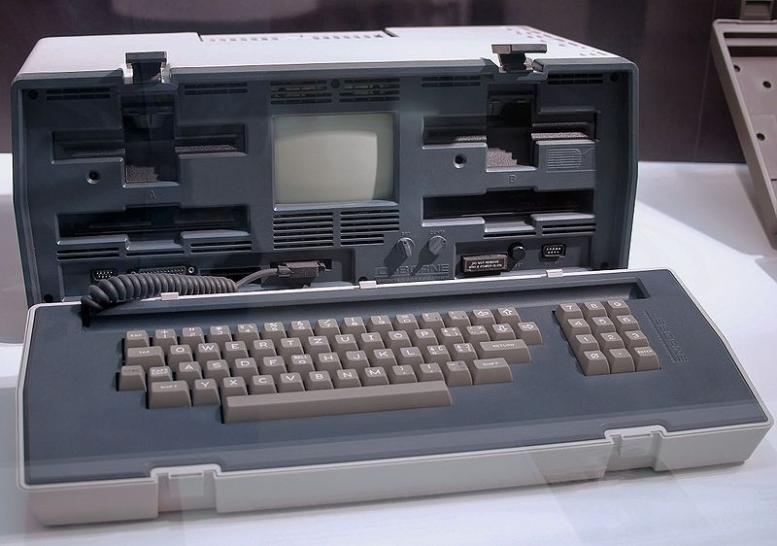Osborne: The End of the Laptop Pioneer (PCGH-Retro, September 13)

Osborne: The end of the laptop pioneer – that happened on September 13th. Every day, PC Games Hardware takes a look back at the young but eventful history of the computer.
…1983: A portable computer? What will be nothing special many years later is still the exception these days. Adam Osborne launched the first portable computer to be sold in significant numbers in April 1981, the Osborne 1. It weighed around 11 kilograms, but was fully equipped with an integrated 5-inch screen, keyboard and two floppy disk drives – although it contained a battery not, so while it was portable, it was useless on the go. A 4-megahertz processor and 64 KiByte RAM work inside; The widely used CP/M was used as the operating system, and applications such as Wordstar and Supercalc were also included with the computer – anything but a matter of course at the time. The success was great, but soon several competitors attacked the small company and the early announcement of a more powerful successor model damaged the Osborne 1. Osborne Computer filed for bankruptcy on September 13, 1983 – but the idea of the portable computer caught on. In line with the topic, take a look at our gallery of the most important game consoles and home computers since 1972!
…1985: A day after leaving Apple, Steve Jobs wants to found a new company that also deals with computers. It goes by the name of NeXT – literally the next XT – and was bought, together with Jobs himself, in 1996 for a whopping 400 million US dollars. From Apple.
…1999: Two days after the start of delivery of the corresponding (single-chip) graphics cards, 3dfx is presenting its in-house texture compression FXT1, a technology that is already being used on the Voodoo 4 cards that have just been delivered and competes with the S3TC process from S3 Graphics.
Reference-www.pcgameshardware.de